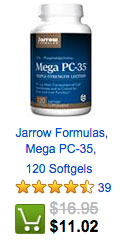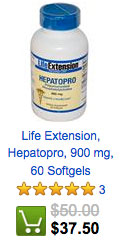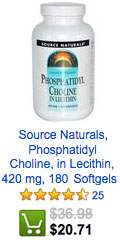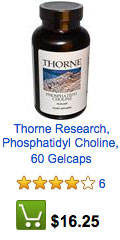Phosphatidylcholine is an integral component of every cell in the human body. Consumed regulalry as part of our normal diets, Phosphatidylcholine has also been proven safe and effective over decades of study as a theraputic agent.
Researched extensively by scientists, Phosphatidylcholine has been shown to play a vital role in many important areas including maintaining cell structure, fat metabolism, memory, nerve signalling, as a precursor to important neurotransmitters, and liver health.
You can see why Phosphatidylcholine is often refered to as the “Miracle Molecule” and its importance and exciting promises in anti-aging continue to be explored.
The Basics
 Of the thousands of molecules that make up a living cell, Phosphatidylcholine has been studied as one of the most fundamental and important. A vital component of the cell membrane, it is the most abundant in a class of phospholipids known as “essential phospholipids”, as it forms the structural skin that surrounds the cell.
Of the thousands of molecules that make up a living cell, Phosphatidylcholine has been studied as one of the most fundamental and important. A vital component of the cell membrane, it is the most abundant in a class of phospholipids known as “essential phospholipids”, as it forms the structural skin that surrounds the cell.
To read a more extensive review on Phosphatidylcholine
Click Here for more Information on Phosphatidylcholine.
Phosphatidylcholine Benefits
- Improve Memory
- Intestinal Health
- Neuropsychiatric Disorders
- Skin Health
- Fat Metabolism
- Liver Health
- Weight Loss
Click Here to read more about the Benefits of Phosphatidylcholine
The role of Phosphatidylcholine in Aging
Phosphatidylcholine levels in the cell decrease as we age. Found in very high concentrations when we are born, particulary in brain tissue, a normal part of aging process is these levels decline over time. By supplementing with Phosphatidylcholine in addition to what we get from our regular diet, we can increase the levels in our cells and halt or even reverse the age-related decline.
Many studies have found Phosphatidylcholine supplements can improve learning, aid memory, help promote healthy skin elasticity, and even support optimal liver function.
Click Here to read more about Phosphatidylcholine & Aging
Phosphatidylcholine Side Effects and Safety
Phosphatidylcholine has shown to be remarkably safe in many scientific studies. Most side effects are mild, and transitory in nature.
Phosphatidylcholine Safety Check:
- Naturally occurring in foods we eat
- Decades of scientific study proving its safety
- Approved as safe to consume in over the counter supplements
Click Here to read more about the Side Effects of Phosphatidylcholine
Phosphatidylcholine Supplements
All Phosphatidylcholine Supplements are not created equal. The density of Phosphatidylcholine in some Lecithin Supplements for example varies widely.
Click Here to read more about Phosphatidylcholine Supplements





